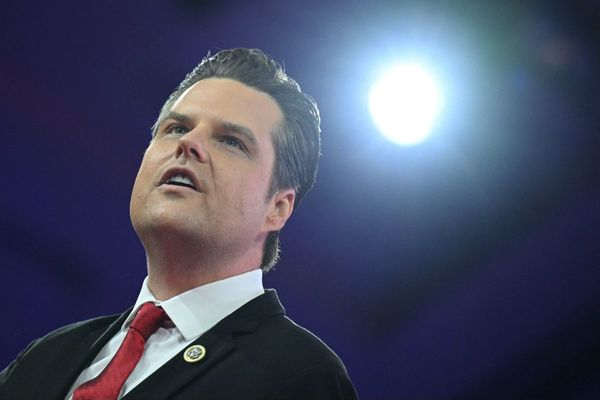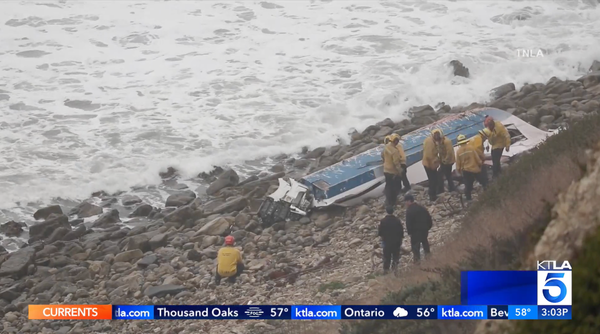
The European Union is likely to agree an embargo on Russian oil imports “within days”, as Moscow says it anticipates its economic ties growing with China after being isolated by the West over its invasion of Ukraine.
Ukrainian President Volodymyr Zelenskiy told global business leaders in Davos on Monday the world must increase sanctions against Russia to deter other countries from using “brute force” to achieve their aims.
Many of the EU’s 27 member states are heavily reliant on Russian energy, prompting criticism from Kyiv that the bloc has not moved quickly enough to halt supplies.
Hungary stuck to its demands on Monday for energy investment before it agrees to an embargo, clashing with EU states pushing for swift approval.
The EU has offered up to two billion euros ($A3.02 billion) to central and eastern nations lacking non-Russian supply.
“We will reach a breakthrough within days,” Germany’s Economy Minister Robert Habeck told broadcaster ZDF.
Russia’s three-month long invasion, the biggest attack on a European state since 1945, has seen more than 6.5 million people flee abroad, turned cities to rubble, and prompted the unprecedented imposition of Western sanctions on Russia.
Foreign minister Sergei Lavrov said the Kremlin would focus on developing ties with China as economic links with the United States and Europe were cut.
“If they (the West) want to offer something in terms of resuming relations, then we will seriously consider whether we will need it or not,” he said in a speech, according to a transcript on the foreign ministry’s website.
“Now that the West has taken a ‘dictator’s position’, our economic ties with China will grow even faster.”
The comments came as US President Joe Biden toured Asia, where he said he would be willing to use force to defend Taiwan against Chinese aggression – a comment that seemed to stretch the limits of the ambiguous US policy towards the self-ruled island.
On the battle front, Russia is trying to encircle Ukrainian forces and fully capture the Luhansk and Donetsk provinces that make up the eastern Donbas region, where Moscow backs separatist forces.
The east has been its focus since Russian troops were driven out of the area around the capital Kyiv and the north at the end of March.
Zelenskiy revealed Ukraine’s worst military losses from a single attack of the war on Monday, saying 87 people had been killed last week when Russian forces struck a barracks at a training base in the north.
“Each time we tell our partners that we need modern anti-ballistic weapons, modern military aircraft, we are not making just empty requests,” he said in a late Monday evening address.
“These requests are the lives of many people who would not have been killed if we had received all the weapons we have been requesting.”
A pledge by Denmark to send Harpoon anti-ship missiles and a launcher to Ukraine, announced by the United States on Monday, is the first sign since the Russian invasion in February that Kyiv will receive US-made weapons that significantly extend its striking range.
The Harpoons, made by Boeing, could be used to push the Russian navy away from Ukraine’s Black Sea ports, allowing exports of grain and other agricultural products to resume.
Russian forces fired on 38 communities in the Donetsk and Luhansk regions on Monday, killing seven people and injuring six, Ukraine’s Joint Forces Task Force military command said in its nightly update.
Reuters was not immediately able to verify the information.
Russia was bombing the Donbas city of Sievierodonetsk from the air, the governor of the Luhansk region, Serhiy Gaidai, said on Telegram.
“The enemy is seeking out places where people are hiding,” he wrote.
Other areas in the region are also under constant attack, he added.
Ukraine is investigating more than 13,000 Russian alleged war crimes, according to the website of its prosecutor general.
Russia has denied targeting civilians or involvement in war crimes.







